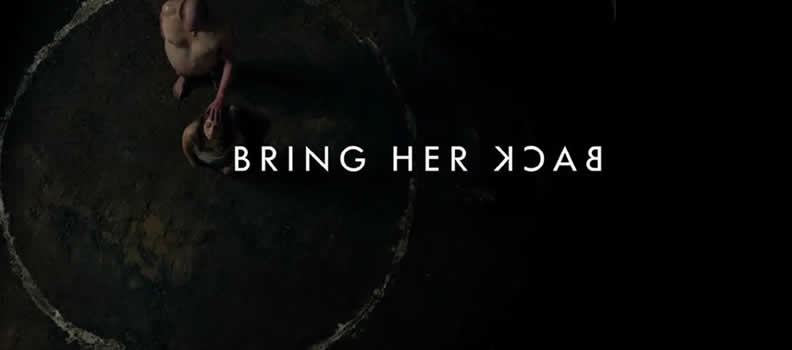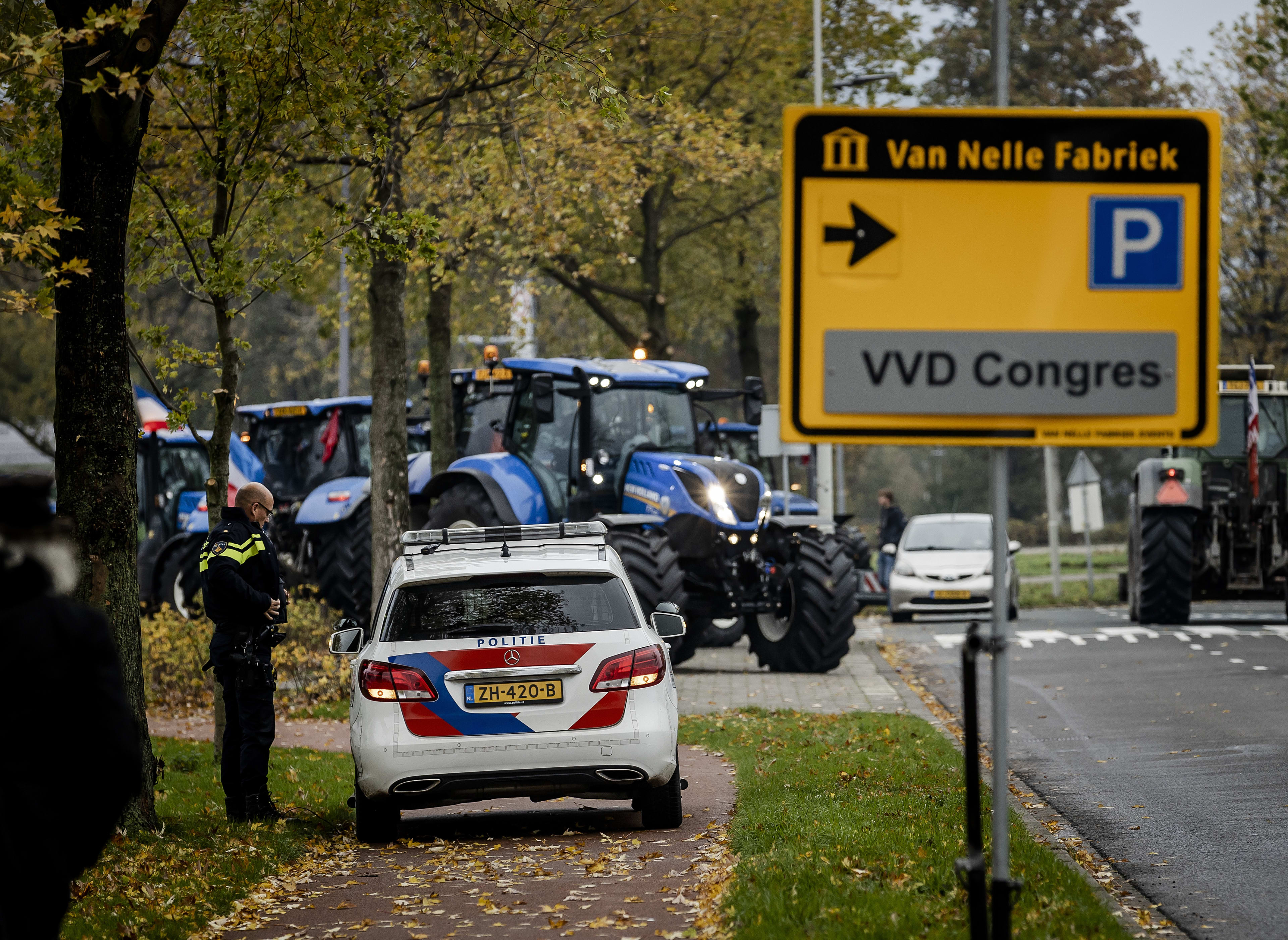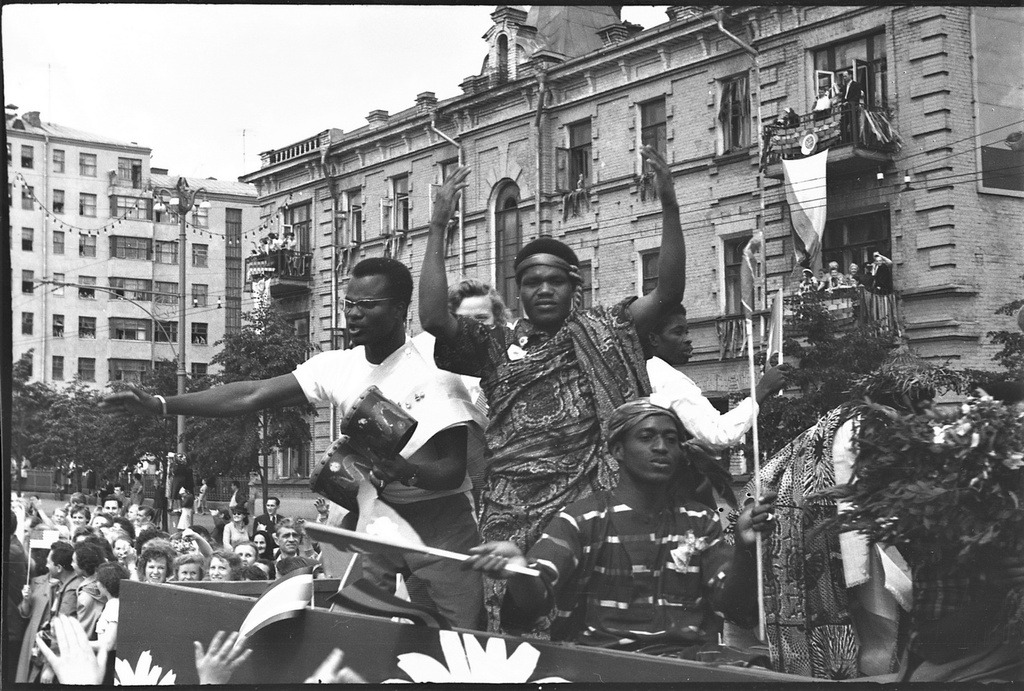First Nations Writer Loses $15,000 Fellowship After Gaza Post Controversy

Table of Contents
The Controversial Social Media Post
The controversy centers around a social media post made by the First Nations writer on [Platform, e.g., Twitter]. While the exact wording remains undisclosed due to privacy concerns, the post reportedly expressed views on the ongoing conflict in Gaza that were interpreted by many as [describe the general sentiment – e.g., provocative, insensitive, or one-sided]. The post, shared on [Date], sparked immediate reactions across various online platforms.
- Content: The post contained [brief, general description of post content, avoid direct quotes unless publicly available. E.g., references to specific events, opinions on the conflict's causes, or commentary on the actions of involved parties].
- Perspective: The writer's perspective appeared to [explain the writer's apparent viewpoint without judgment – e.g., critique Israeli actions, express solidarity with Palestinians, or offer a nuanced interpretation of the conflict].
- Timeline: The post was published on [Date] and quickly gained attention, leading to the events described in the following sections.
Backlash and Public Response
The writer's post faced immediate and widespread criticism. The backlash originated from a variety of sources, including [mention specific groups or individuals if known – e.g., other writers, members of the public, pro-Israel advocacy groups]. This negative reaction quickly escalated, spreading across various online platforms and traditional media outlets.
- Criticisms: Critics argued that the post was [give examples of criticisms, e.g., insensitive to victims of the conflict, promoted harmful stereotypes, or violated the organization's values].
- Online Campaigns: Online petitions calling for the revocation of the fellowship were initiated, garnering [Number] signatures.
- Media Coverage: The controversy received significant media attention, with articles appearing in [mention publications if known].
The Fellowship Organization's Response
The [Name of Fellowship Organization] responded swiftly to the mounting pressure. In a statement released on [Date], the organization announced its decision to revoke the writer's fellowship. The statement cited [summarize the organization's justification for revoking the fellowship – e.g., violation of their code of conduct, negative impact on their reputation, or concerns about public perception].
- Organization's Statement: [Include relevant excerpts from the official statement, if publicly available, properly attributed].
- Timeline: The organization's decision was made within [ timeframe, e.g., 24 hours, a week] of the post's publication.
- Subsequent Statements: [Mention any follow-up statements or clarifications from the organization].
Freedom of Speech vs. Responsibility
This case raises significant questions about the balance between freedom of speech and the responsibilities associated with receiving public funding. The First Nations writer's right to express their views is undeniable, yet the organization's decision highlights the potential consequences of controversial statements for individuals who receive grants and represent organizations. This incident could potentially impact future funding opportunities for Indigenous writers, creating a chilling effect on open dialogue and artistic expression.
- Arguments for Free Speech: Supporters of the writer emphasize their right to free expression, even on controversial topics.
- Arguments for the Organization's Decision: Conversely, the organization's decision can be defended based on its responsibility to maintain its reputation and uphold its values.
- Legal Implications: The potential legal implications of this case remain unclear, depending on the specifics of the fellowship agreement and applicable laws.
Analyzing the First Nations Writer's Fellowship Loss
This case of a First Nations writer losing a fellowship due to a controversial social media post about the Gaza conflict highlights the complex intersection of freedom of speech, social media responsibility, and the challenges faced by Indigenous artists seeking funding. The situation underscores the inherent conflict between artistic expression and the ethical responsibilities that come with accepting public funds. The swift revocation also raises concerns about the potential for silencing dissenting voices within the artistic community.
We encourage further discussion and reflection on the balance between artistic expression and the ethical responsibilities of those receiving public funding. What are your thoughts on the impact of social media controversies on First Nations writers and their access to fellowships? How can we foster open dialogue without compromising the values of organizations supporting Indigenous artists? Let's continue the conversation responsibly.

Featured Posts
-
 Bring Her Back A 2025 Horror Must See
May 29, 2025
Bring Her Back A 2025 Horror Must See
May 29, 2025 -
 Louisiana Horror Film Sinners Coming To Theaters
May 29, 2025
Louisiana Horror Film Sinners Coming To Theaters
May 29, 2025 -
 Oranjegekte In Liverpool Kaartjes Voor E4 000 Verkocht
May 29, 2025
Oranjegekte In Liverpool Kaartjes Voor E4 000 Verkocht
May 29, 2025 -
 Que Jugador Del Athletic Club Asocias Con El Dorsal 23
May 29, 2025
Que Jugador Del Athletic Club Asocias Con El Dorsal 23
May 29, 2025 -
 Pobediteli 47 Go Moskovskogo Mezhdunarodnogo Kinofestivalya Nazvany
May 29, 2025
Pobediteli 47 Go Moskovskogo Mezhdunarodnogo Kinofestivalya Nazvany
May 29, 2025
